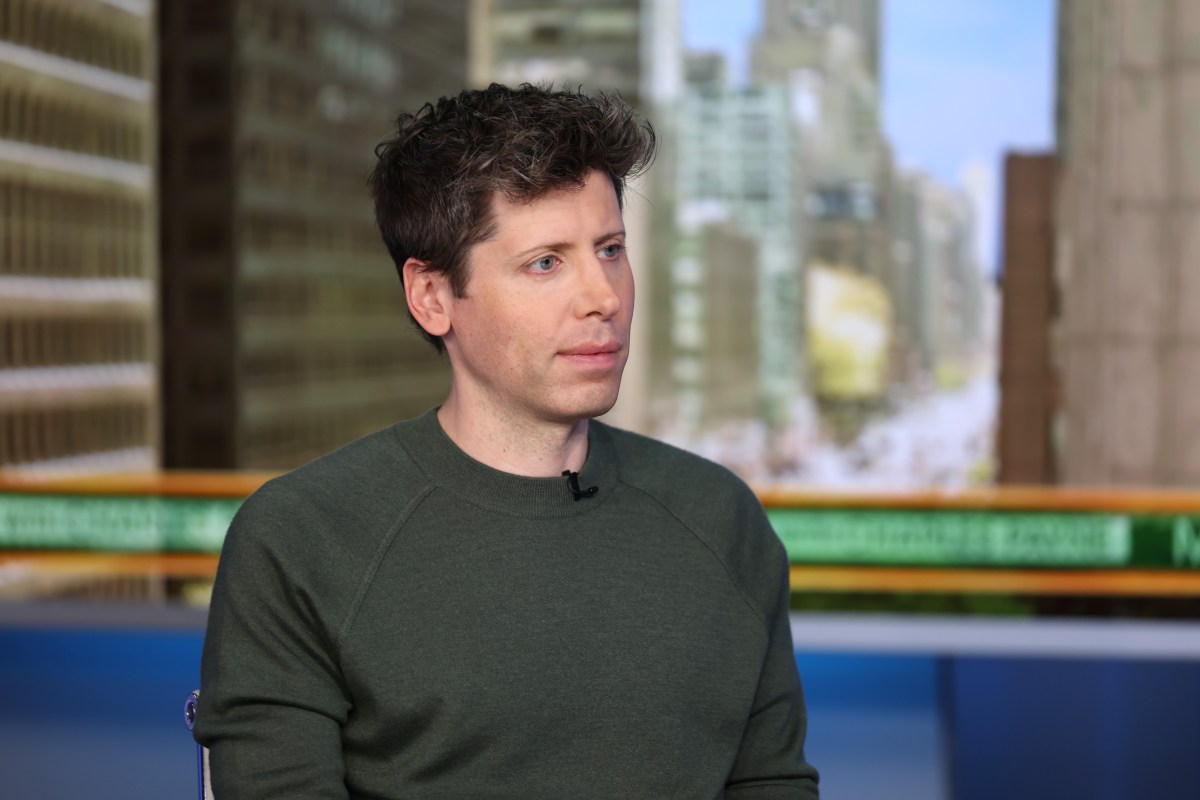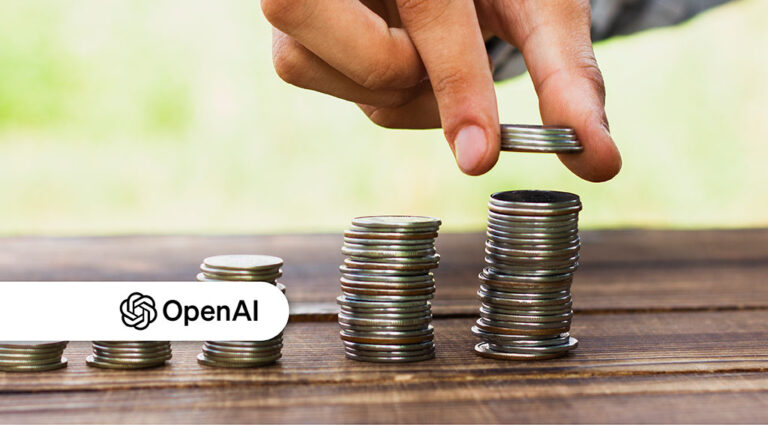Sam Altman: OpenAI’s Missteps on Open Source and the Future of AI Innovation
OpenAI recently held an engaging Reddit AMA featuring its team, including CEO Sam Altman, where they discussed the company’s future in the AI landscape. The discussion highlighted OpenAI’s challenges and strategies amid growing competition from Chinese companies like DeepSeek, which has raised concerns about intellectual property theft and market positioning.
OpenAI’s Competitive Landscape
OpenAI is currently navigating a complex environment as it strives to maintain its lead in the AI race. Altman acknowledged that DeepSeek has significantly narrowed OpenAI’s advantage, prompting a reevaluation of their approach to open-source technologies. Historically, OpenAI has favored a proprietary model, but the changing landscape may require a shift.
Revisiting Open Source Strategies
During the AMA, Altman expressed the need for a revised open-source strategy, stating:
“I personally think we need to figure out a different open source strategy.”
He noted that while not everyone at OpenAI agrees, the company is considering releasing older models that are no longer state-of-the-art. Chief Product Officer Kevin Weil emphasized that they are open to exploring this option further.
Enhancing Model Transparency
OpenAI is also rethinking how it presents its reasoning models. Currently, its models do not reveal their thought processes to prevent competitors from replicating their training data. However, as competition increases, there is a growing demand for transparency.
- Weil mentioned plans to showcase more of the model’s reasoning in the near future.
- He acknowledged the challenge of balancing transparency with competitive advantage.
ChatGPT Pricing and Accessibility
Amid these discussions, Altman reassured users that OpenAI aims to keep ChatGPT affordable. Though there have been concerns about potential price hikes, Altman expressed a desire to make the service cheaper over time.
Future Projects and Technological Advancements
OpenAI is investing in significant infrastructure projects like Stargate, which aims to enhance computing power to meet growing user demands. Weil noted that increased compute resources are essential for developing better-performing models.
AI’s Recursive Self-Improvement
In response to queries about AI’s potential for recursive self-improvement, Altman indicated a shift in his perspective, believing a “fast takeoff” in AI capabilities is more plausible than previously thought. This concept refers to AI systems enhancing their own intelligence autonomously.
Addressing Ethical Concerns
When asked about the ethical implications of AI, particularly in military applications, Weil expressed his confidence in the U.S. government’s handling of AI technologies:
“They’re smart and evidence-based… I don’t think there’s any chance they just YOLO some model output into a nuclear calculation.”
This reflects OpenAI’s commitment to responsible AI deployment, especially in sensitive areas like nuclear defense research.
Upcoming Releases and Developments
OpenAI is also working on several new projects, including the next reasoning model, o3, and a successor to DALL-E 3. While specific timelines are not yet available, Altman and Weil hinted that significant updates are on the horizon:
- o3’s release is expected in a few months.
- Details on the next flagship model, GPT-5, remain undisclosed.
- A follow-up to DALL-E 3 is in progress and promises to be worth the wait.
For more information on OpenAI’s developments, you can visit their official website at OpenAI.com or explore related articles on TechCrunch.







